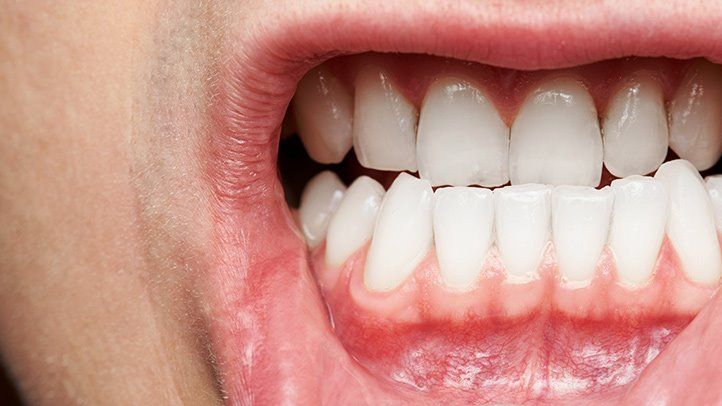That perfect smile is not just about your teeth. Gums that support and surround the teeth are just as important for your overall oral health. Unfortunately, gum disease is exceedingly common and impacts people of all ages. Consider looking for a clinic for general dentistry in Union City to discuss the early signs and treatment options of gum disease. Here’s more about the condition at a glance.
The basic aspects
The first stage of gum disease is called gingivitis. If not treated in time, gingivitis can develop into an advanced stage of periodontitis, which can cause serious symptoms like receding gum lines. The good news is gum disease is typically reversible with early intervention. You need a dentist who can diagnose the problem and suggest ways to fix those concerns.
What are the common signs and symptoms of gum disease?
The first symptoms of gum disease are swollen and inflamed gums. You may also experience toothache and bleeding while brushing and flossing your teeth. In an advanced stage, you may see receding gums and feel sensitivity to cold and hot foods. Many patients also experience bad breath despite using mouthwash and regular oral care, which is a common sign of gum disease.
What are the treatments available for gum disease?
In the early stages, when you have gingivitis, you may experience relief with just dental cleanings at the clinic and maintaining proper oral hygiene. If your dentist finds that gingivitis has progressed further, scaling and root planing can be considered, which involves deep cleanings to remove plaque and bacteria that can help minimize the risk of infections. There is also another option called Soft Tissue Management System, which is used to restore healthy gums. The process involves multiple cleanings with a gap of at least three months. If gums and soft tissues are infected, your dentist may advise options like Periodontal Laser Treatment, which can be combined with other treatments.
Final word
Gum disease can be treated and fixed when diagnosed in time. Depending on whether you have an active infection, your dentist may prescribe antibiotics for a short time and recommend mouthwashes to help prevent bacterial buildup. You may also have inflamed gums if you have an infection or decay in one or more of your teeth. Talk to your dentist as soon as you see the initial signs, and you can prevent further complications with appropriate treatment.

